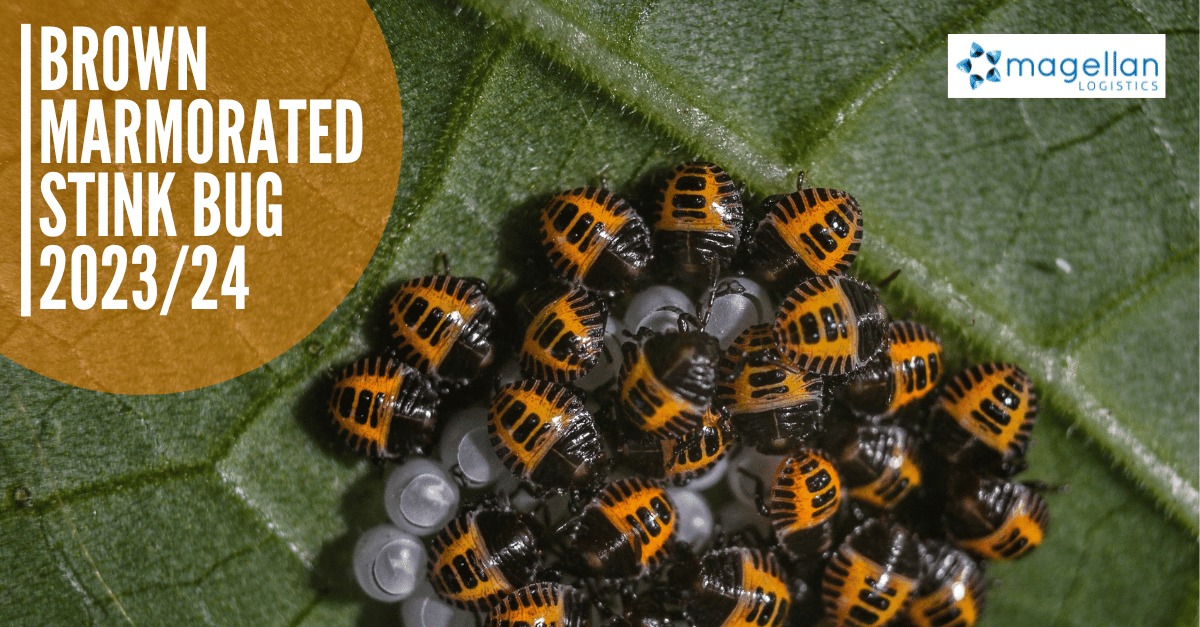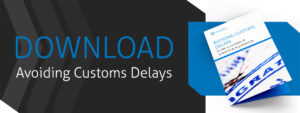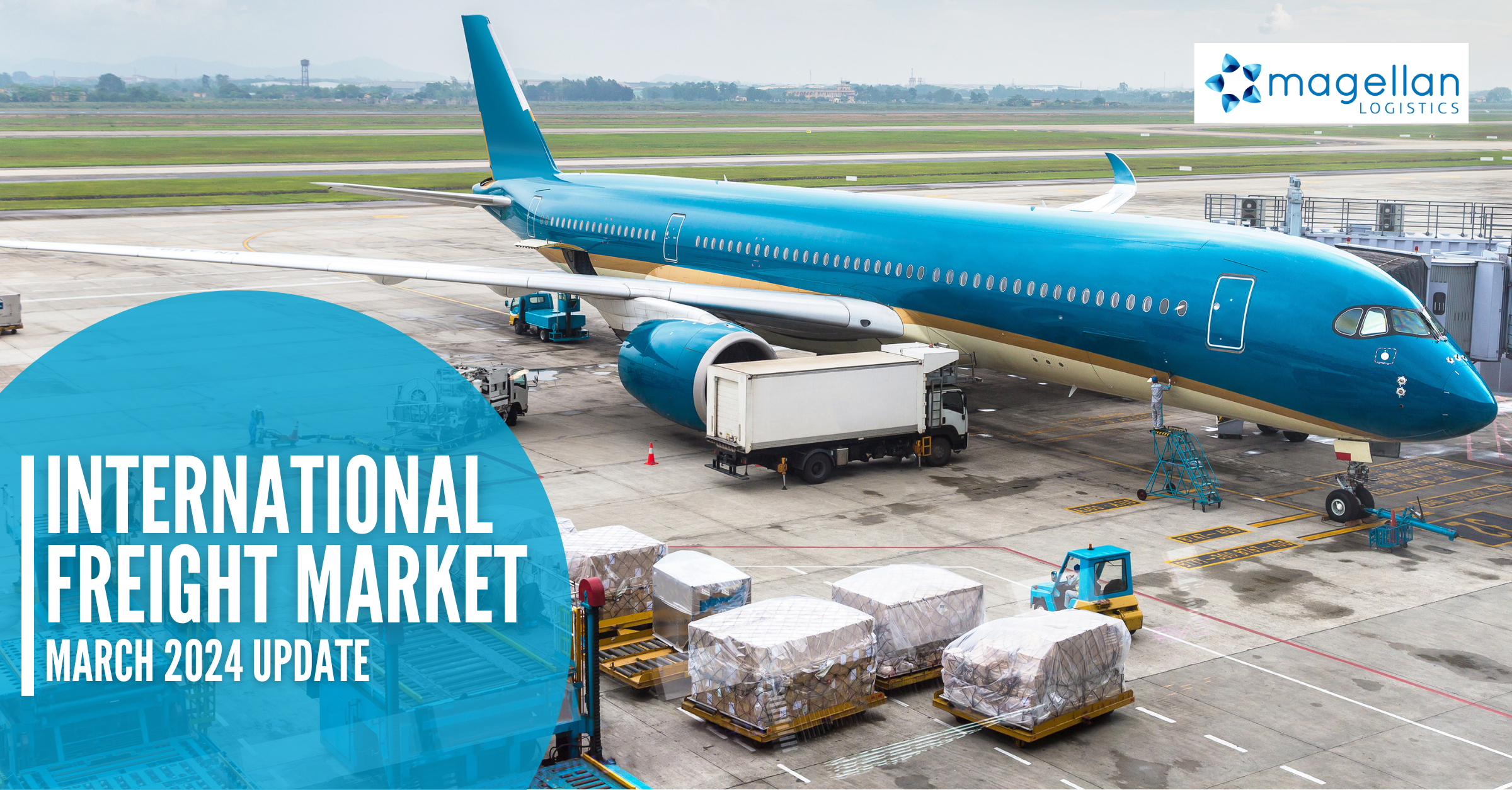The Department of Agriculture, Fisheries and Forestry (DAFF) has finalised its seasonal measures for the 2023-24 Brown Marmorated Stink Bugs risk season commencing 1 September 2023 and running through until 30 April 2024.
Any goods shipped from “target risk countries” with a departure date during this period will be subject to BMSB measures.
Brown Marmorated Stink Bugs target risk countries
The complete list of target risk countries:
*Heightened vessel surveillance will be the only measure applied to Japan
In addition to the above, DAFF has identified two emerging risk countries for the Brown Marmorated Stink Bugs season, whereby shipments may be selected for a random onshore inspection:
China – random inspections will apply to goods shipped between 1 September and 31 December (inclusive).
United Kingdom – random inspections will apply to goods shipped between 1 December and 30 April (inclusive).
Brown Marmorated Stink Bugs target high-risk goods
Goods falling within specific tariff classification categories are regarded as “target high-risk goods”, and treatment for BMSB is mandatory.
Brown Marmorated Stink Bugs target risk goods
Goods within other classification categories are considered “target risk goods” and will not require mandatory treatment. These goods will, however, be subject to increased onshore intervention via random inspections.
In addition to the target high-risk goods, chapters 39(plastic goods ), 94 (furniture) and 95 (toys, games and sporting equipment) will be subject to random inspections for emerging risk countries.
You can find a complete list of target high-risk goods and target risk goods here. Goods not listed in these categories do not require treatment. However, they may be subject to the measures if they are part of a container or consignment containing target high-risk or target-risk goods.
Required measures
FCL / FCX containers treated onshore will be treated at the container level, and deconsolidation or removal of goods (for example, exempt goods) will not be permitted. The following table outlines the risk groups and treatment interventions required.
The following Brown Marmorated Stink Bugs measures will apply according to the different modes of transport:
*Offshore is preferred to remove the need to unpack overpacked and tightly packaged items for treatment, increasing delay and cost to the importer.
- Goods requiring offshore treatment and arriving untreated will be prevented from discharge and directed for re-export on arrival.
- All target risk goods will be subject to increased onshore intervention through random inspection.
- Goods not categorised as Target High Risk or Target Risk are not subject to BMSB measures unless they are part of a consignment/container that contains target high-risk and target-risk goods.
Treatment options
DAFF will continue to accept three treatments for BMSB-affected goods. Dosage rates are available from the Magellan Customs team.
- Methyl Bromide
- Sulfuryl Fluoride
- Heat Treatment
Offshore treatment must be completed within 120 hours of containers being sealed or, in the case of breakbulk cargo, the “onboard” date.
Valid treatment certificates with consignment links (e.g. Bill of Lading no., container no., commercial invoice no etc.) must be provided as evidence of offshore treatment.
Offshore treatment providers approved by DAFF may only carry out the treatment.
Brown Marmorated Stink Bugs sealing declarations
Sealing declarations, completed and signed by either the exporter, freight forwarder or shipping company at the port of origin, will be required in the following circumstances:
- Goods were containerised before 1 September but shipped after this date, or
- The Bill of Lading does not state the ‘shipped on board’ date (which is deemed the date of export)
- Goods were sealed inside a container within 120 hours of treatment occurring offshore (for treatments conducted before 1 December)
Please get in touch with me on 1300 651 888 or duncan.g@maglog.com.au, your Magellan Logistics Customs Broker or Client Services Representative, should you have further questions regarding Brown Marmorated Stink Bugs 2023/24.
At Magellan Logistics, we also provide a full range of freight forwarding services, including MagTrack, our digital freight tracking system. Contact us today for more information!














